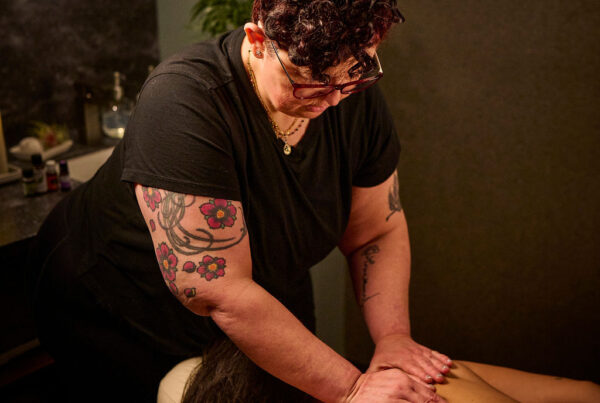A couple of weeks ago I was at the 4-mile mark of the 7-mile Falmouth Road Race feeling pretty good about myself. The legs felt good, the lungs were clear and my mindset was optimistic about finishing well. Of course, this was heavily influenced by the gorgeous scenery and perfectly coastal Cape Cod weather. Still, in that moment, I flashed back to how I felt the year before which was completely anemic, depressed and filled with too many fibroids to count. Basically, I was a hormonal nightmare. It was not good.
How Hormones Affect Female Training
Yet, there I was at the same mile marker feeling much better and more like myself when before I thought I would no longer race again. I looked around at all of the women near me, passing me, and behind me. What were THEY going through in that race? How many of them were in pain and impacted by their hormones? A feeling of such great empathy, gratitude, and pride overwhelmed me: we women are remarkable creatures, I thought.
So, how can women successfully train a body not only affected by environment and habits but also by the internal dance of hormones? First, we should understand the impact important hormones have on the female body. Estrogen, the mother of all hormones in women, is well known to decrease dramatically with age. Women can experience an imbalance between estrogen and progesterone (the counterbalancing hormone that regulates estrogen in the female system).
Too little progesterone leads to a term titled “estrogen dominance“, a state that leaves a woman with:
- Abdominal weight gain
- Persistent bloating
- Anxiety and mood swings
- Impaired thyroid function
- Fatigue
- Insomnia
- Prone to cystic breasts and fibroids (benign uterine growths)
Estrogen is also the hormone that protects bones and aids in muscle repair. A decrease in these functions leads to weaker bones and longer recovery times in women. The good news? Consistent exercise positively impacts the symptoms of hormonal decline. The act of exercising in itself releases a cascade of hormones that offset those that naturally wane with age. You can read more about the 8 hormones involved in exercise here. Strength training greatly improves bone density, which as mentioned above, decreases as estrogen levels decline. Strength training along with a high fiber, moderate protein diet can reduce excess abdominal fat and help women retain lean muscle.
In addition to exercise, emphasis on proper rest is crucial for women as sleep helps to regulate many hormones. Balance this with intensity by incorporating explosive work into your exercise programming. Life changes can affect a woman’s ability to sleep AND perform as she did even a year before. Most importantly, self-compassion is key.








This is interesting, but not very actionable doesn’t actually answer the question posed at the beginning of the third paragraph. How should we expect to feel based on the different hormone levels we experience throughout a month? And most importantly, wow should we adjust our exercise habits accordingly?
You’re inspiring, Stace